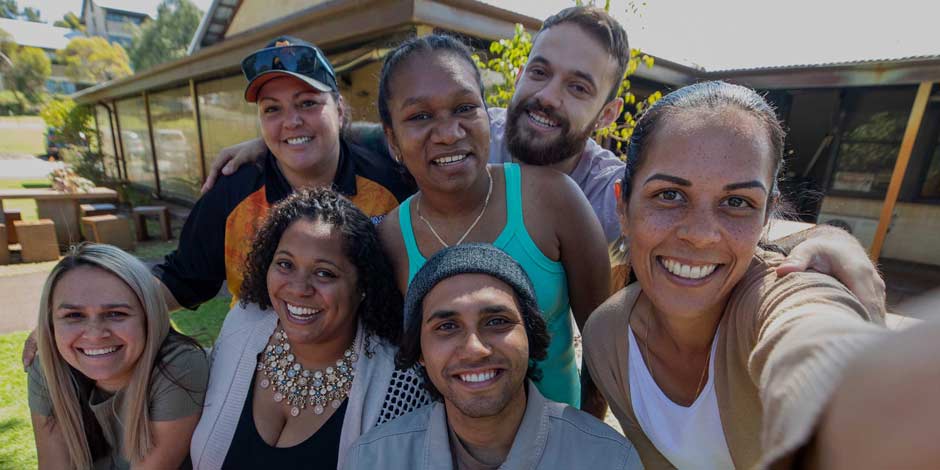
Urban Health
People are more likely to take an active role in their health care when it’s more convenient and delivered in a way that feels more relatable and inclusive.
As a leading academic health care center, we believe it’s our obligation to serve different types of patient populations – from those living in cities and suburbs to small towns and rural farm areas – and we’ve created programs to do just that.
The Ohio State University Wexner Medical Center Healthy Community Center at 1600 E. Long St. on Columbus' Near East Side offers a variety of programs and services to improve the health and wellness of area residents.
We don’t want to leave health equity to chance, so we’ve committed to annual reviews of our progress and continual evolution of our efforts.
The Central Ohio Hospital Council (COHC) serves as the forum for community hospitals to collaborate with each other and with other community stakeholders to improve the quality, value and accessibility of health care in the central Ohio region. Consistent with that mission, central Ohio hospitals believe that the issues facing the community's health care system can be solved more effectively when working together. While this work started as a hospital initiative, the effort has grown into a multi-stakeholder collaborative, whereby a broad range of local organizations worked together to identify, collect and analyze the health indicators contained in this report.
The Ohio State University Wexner Medical Center participates in the Franklin County HealthMap in partnership with the COHC, Ohio Health, Mount Carmel, Nationwide Children's, Columbus Public Health, United Way, OSU College of Public Health, PrimaryOne Health, Central Ohio Trauma System and many others. The collaborative effort aims to gain a comprehensive knowledge of the greatest health needs of our immediate community. Although the COHC member hospitals have service areas that extend across central Ohio, for the purposes of the report, the local geographic focus area is Franklin County.
Data for health indicators comes from national sources (e.g., U.S. Census, Centers for Disease Control and Prevention's Behavior Risk Factor Surveillance System), state sources (e.g., Ohio Department of Health's Data Warehouse, Ohio Hospital Association) and local sources (e.g., Central Ohio Trauma System, Columbus Public Health). The data is used to inform the development and implementation of strategic plans to meet the community health needs identified through the assessment.
The health map is updated every three years, consistent with federal guidelines. The document is divided into six areas of priority health needs and provides the following information:
We have formed strong bonds with our community partnerships. The Ohio State Wexner Medical Center collaborates with these partners to address ways to improve health care and health equity for our communities.
PACT was formed in 2010 with a $10 million investment from the Ohio State Wexner Medical Center. PACT is a partnership between the city of Columbus, the Columbus Metropolitan Housing Authority and community neighbors that has worked to develop a revitalization plan called the Blueprint for Community Investment. The plan, designed to empower Black residents through engagement, decision-making and self-determination, seeks to make the Near East Side neighborhood of Columbus a healthy, sustainable community offering where residents have access to safe, affordable homes, quality health care and education and local employment opportunities. More about this investment and another from Fifth Third Bank is described in our HealthMap2022 Implementation Strategy (starting on page 11).